Tips for Deciding on Which Brand Is Best For an Upcoming Air Conditioner Installation
Choosing the right air conditioner brand for your air conditioning installation is a crucial decision that involves consideration of various factors such as performance, cost, energy efficiency, and durability. This article provides comprehensive tips to help you make an informed choice that will meet your cooling needs and budget.
Understand Your Cooling Needs
Understanding the room size and layout is fundamental when selecting an air conditioner. Your air conditioner's cooling capacity should align with your room's dimensions for optimal performance. A large unit in a small space may lead to quick temperature drops, causing short cycling, while a small unit in a large area may overwork, leading to inefficiencies and higher energy costs. You should measure your space in square feet and consult cooling capacity charts to match those dimensions with an appropriate unit size. Moreover, consider if there are high ceilings or any features like alcoves that might influence air distribution.
The layout of your room can greatly affect how air circulates and how effectively the air conditioner cools the space. Open-plan spaces may require a more powerful unit or multiple units for even distribution. Areas with many windows might experience heat gain, necessitating a powerful system. Additionally, rooms obstructed by partitions or heavy furniture may need a stronger airflow to ensure cooling reaches all corners. A well-planned layout understanding will help you anticipate and select an air conditioner capable of handling specific challenges your rooms may present.
Environmental considerations such as climate and the number of occupants should also be considered. In regions with hotter climates, a more robust system might be needed to maintain comfort. Similarly, spaces frequently packed with people generate more heat, necessitating a unit that can handle higher thermal loads. Each factor plays a part in what type and size of air conditioner will meet your cooling needs most effectively. Analyzing these environmental aspects is a crucial step to ensuring your selected air conditioner provides adequate performance year-round.
Determine Desired Temperature Control
Temperature control goes beyond merely selecting a comfortable setting; it involves maintaining a consistent temperature without large fluctuations. Different models and brands offer various temperature control options, including more precise digital thermostats, customizable temperature zones, and integrated climate control technologies. When you understand your comfort thresholds and how they vary with different seasons or times of day, you can choose features that will help maintain those preferences. Evaluating these options allows you to tailor the air conditioner's performance closely to your lifestyle needs.
Most modern systems provide programmable settings, enabling you to set different temperatures for distinct times of the day or night. This becomes especially beneficial if you're looking to save energy while maintaining optimal comfort, as you can set the unit to be less active when you're away or during cooler nights. Such advanced programming capabilities offer automated solutions to energy efficiency and comfort personalization that traditional manual control systems lack. Learning and setting these autonomously ensures your home remains at the ideal temperature while minimizing energy expenses.
Your need for specific temperature controls could also depend on factors like household members with allergies or respiratory concerns. Some brands offer systems with integrated air purification features that help maintain not just temperature but also air quality. The consideration of these advanced features can have a direct benefit on health and comfort levels in your household. Evaluating how temperature controls relate to and enhance air quality considerations is another essential aspect when deciding the best air conditioner for your needs.
Evaluate Environmental Factors
The local climate is a predominant factor when choosing an air conditioner. In areas with extremely high temperatures, investing in a system that provides quick and efficient cooling is essential for maintaining indoor comfort. Conversely, in regions with milder heat, a less powerful unit may be sufficient. Understanding localized weather patterns helps you assess what degree of cooling efficiency you need from your air conditioning system. Moreover, seasonal variations such as humidity levels can significantly influence your specific requirements.
You should also account for the environmental footprint of an air conditioner. Brands that offer models with eco-friendly refrigerants and optimized energy consumption signify a dedication toward sustainability. The use of Energy Star-rated systems, for instance, can provide significant energy savings; according to the U.S. Department of Energy, Energy Star systems can reduce annual costs by up to 30%. By selecting a unit focused on sustainability, you contribute to
environmental conservation efforts while simultaneously benefiting from financial savings over the system's lifecycle.
Other environmental considerations include the presence of natural obstructions such as trees and buildings, which might affect the performance of your air conditioner. Shade from external obstructions can reduce heat gain, making it easier for your air conditioner to maintain the desired temperature without excessive energy use. Addressing these external factors promotes not only a balanced indoor climate but also aids in efficient energy use. Recognizing how external environmental aspects impact your cooling needs ensures a better-informed decision-making process when choosing an appropriate air conditioning installation.
Consider Personal Preferences
Your preferences play a crucial role in selecting the perfect air conditioner brand that aligns with your lifestyle and expectations. Whether you prioritize energy efficiency, technological advancements, or essential control features, aligning these preferences with the right brand is crucial. For instance, if quiet operation is paramount, some brands may be more adept at providing low-noise systems than others. Assessing these inclinations allows you to narrow your choices to brands that specialize in those areas of interest, ensuring you remain satisfied with your purchase post-installation.
The aesthetic appeal and design of an air conditioning installation are also important for many homeowners, as it should complement the overall interior decor and ambiance. Some models are designed with sleek and minimalist aesthetics, while others may focus on functionality rather than form. Whether prioritized or not, considering the visual components of a unit may contribute to a more harmonious integration into your living space. Such choices reflect the personal values and importance placed on aesthetic coherence within your home environment.
Personal preferences also include desired operation and control options. Remote control capabilities, smart home integration, and voice command options cater to varying levels of technological inclination. These features can enhance user experience by providing flexibility in managing home climate settings. Understanding your comfort level with such technologized features aids in filtering brands that offer the degree of control you desire. Aligning technology preferences with unit features ensures a more user-friendly interface and satisfying interaction with your air conditioner system.
Consult with HVAC Professionals
Consulting with HVAC professionals provides a strategic advantage when determining what brand and model best suit your needs. These experts offer insight into technical aspects like BTU requirements, optimal installation locations, and compatibility with existing home infrastructure. Beyond just specifications, professional installers assess conditions like ventilation, insulation levels, and electrical compatibility, ensuring your chosen system meets performance expectations and regulatory standards. Engaging with experts minimizes error risks in the selection and planning stages of air conditioner installation.
The benefit of consultation extends to personalized recommendations based on years of industry experience and consumer feedback. HVAC professionals possess insider knowledge of brand reputations for longevity, ease of maintenance, and overall consumer satisfaction. Additionally, they are equipped to highlight under-discussed points such as noise levels and humidity control, and provide advice on less apparent but significant features. Leveraging their knowledge positions you better to make informed, satisfying purchasing decisions.
HVAC consultations also yield insight into new trends and technologies in air conditioning, such as advancements in heat pumps and inverter technology. Professionals stay updated with innovations that may align with your goals, like improving energy efficiency or incorporating smart technologies. In markets filled with varying details and information, professionals help simplify complexity, focusing specifically on innovations that are practical and beneficial. By consulting knowledgeable professionals. To learn more about all the services that we offer, reach out to our expert team at Southern Comfort HVAC LLC today!




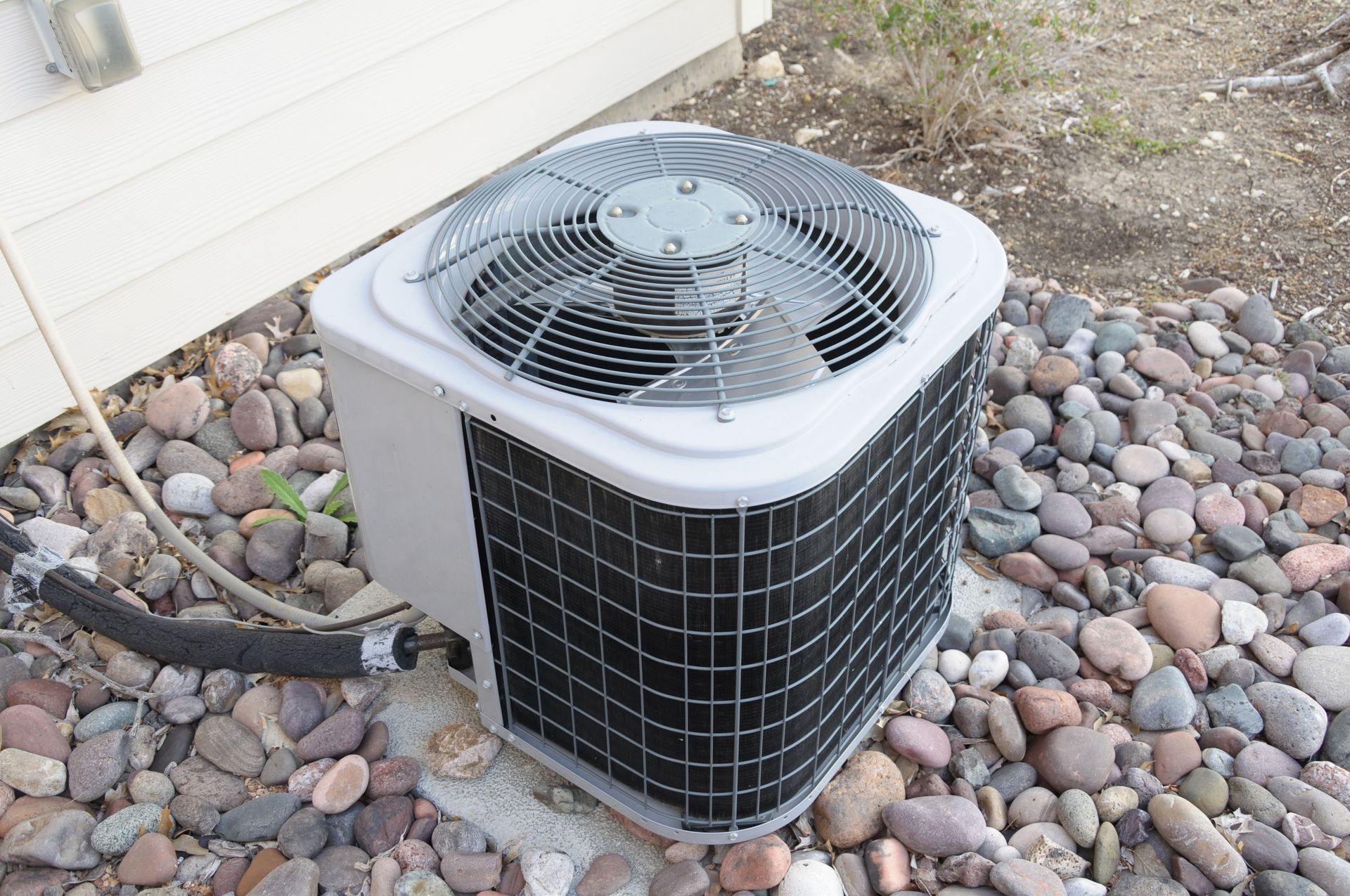
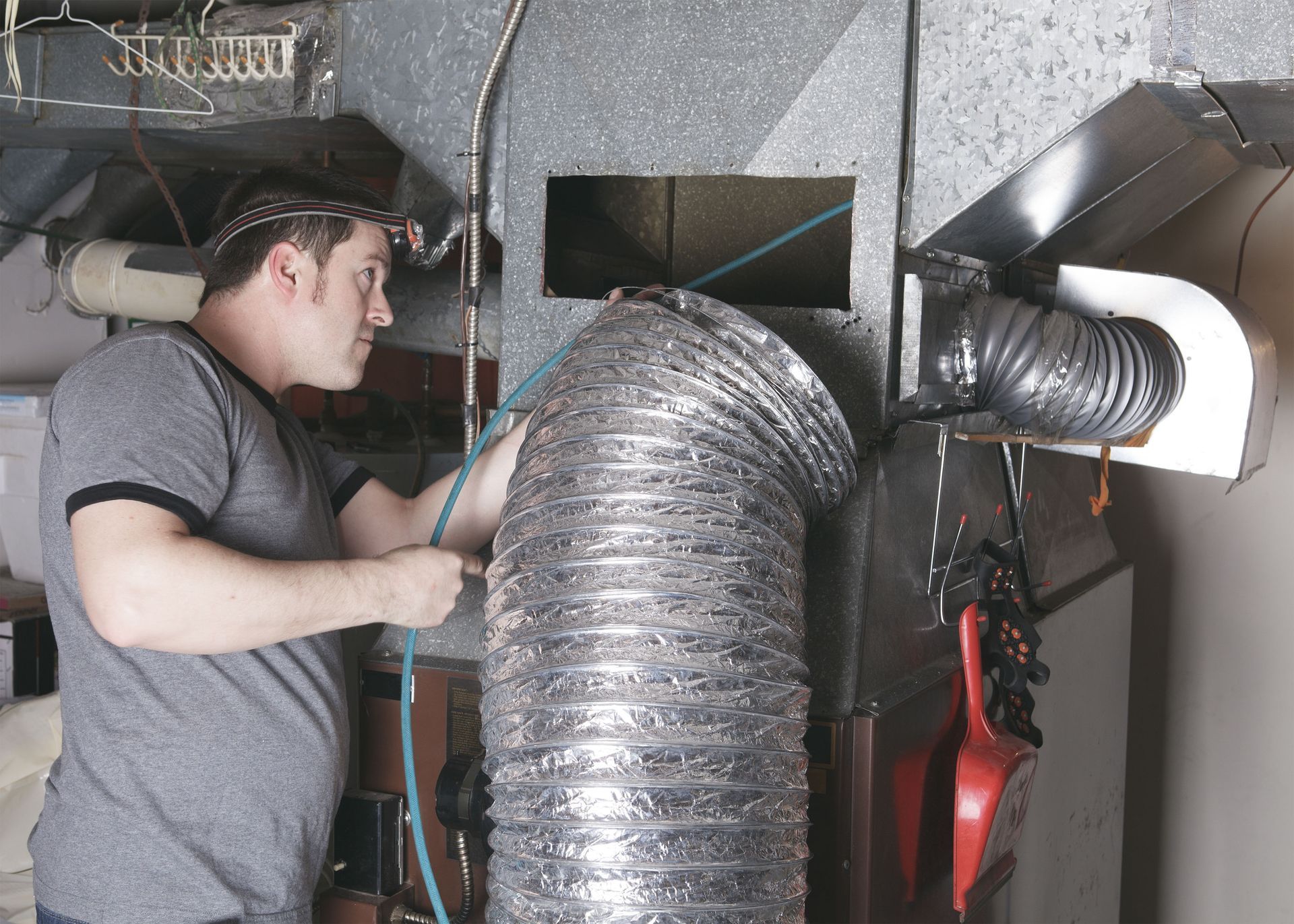

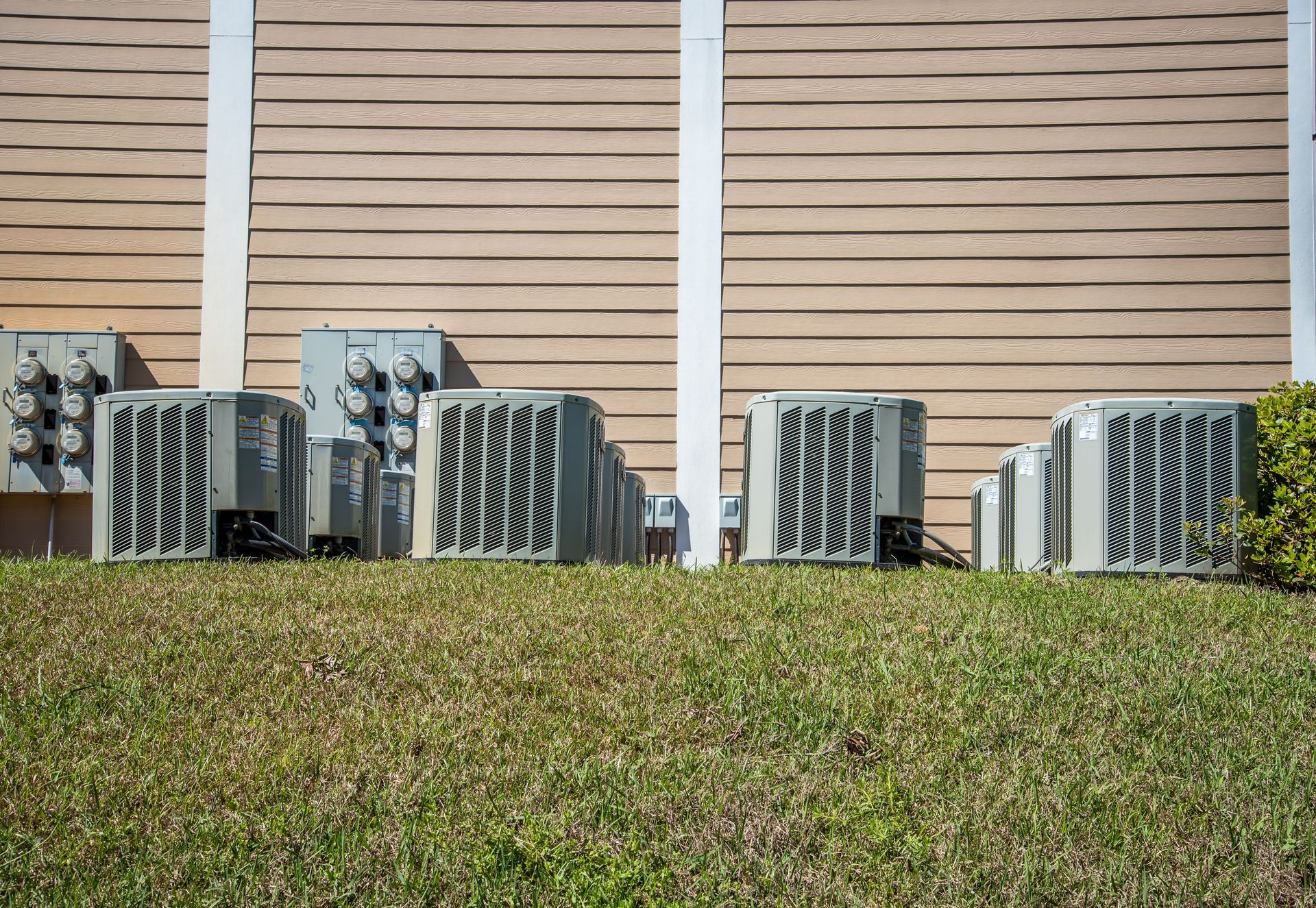
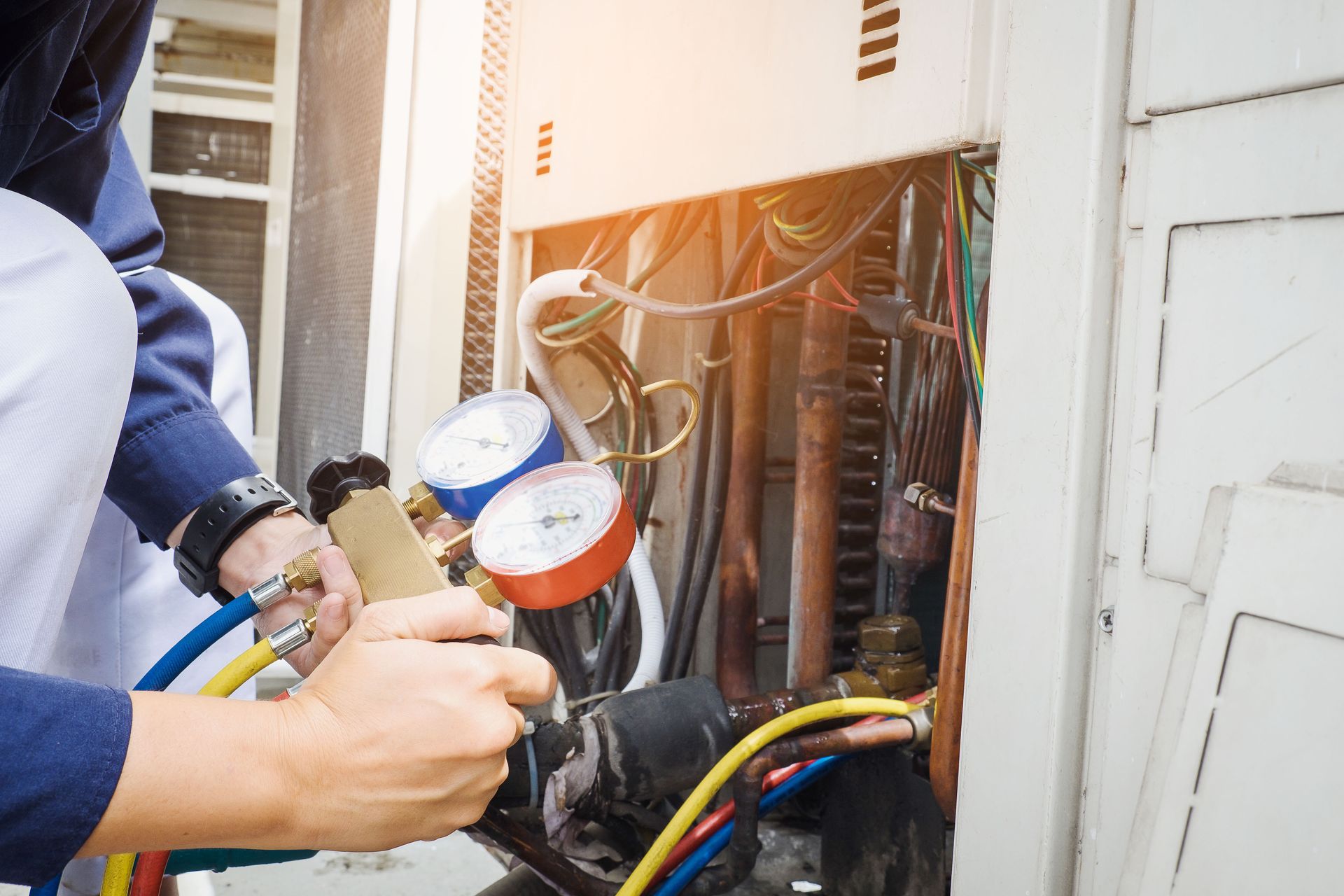
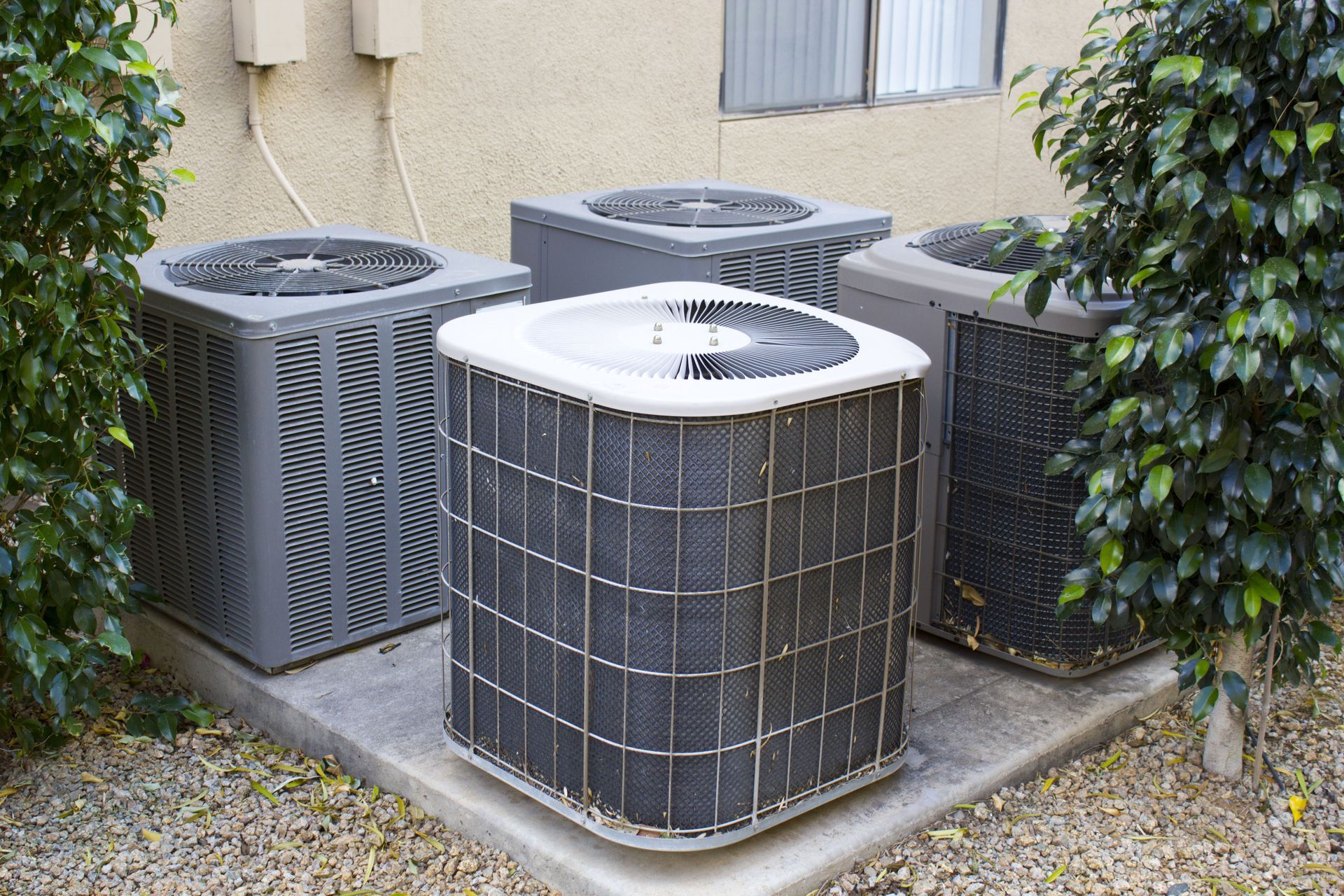
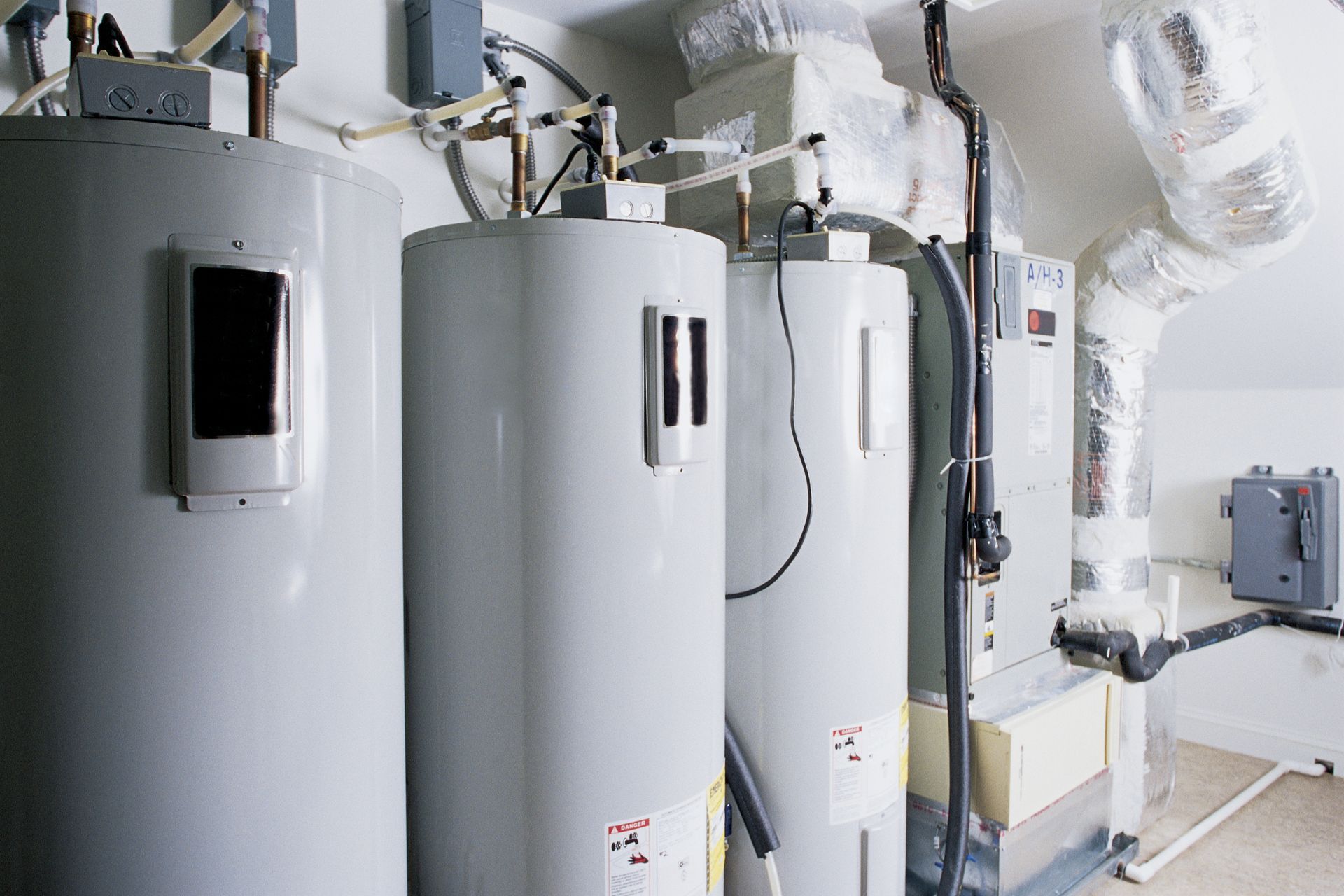
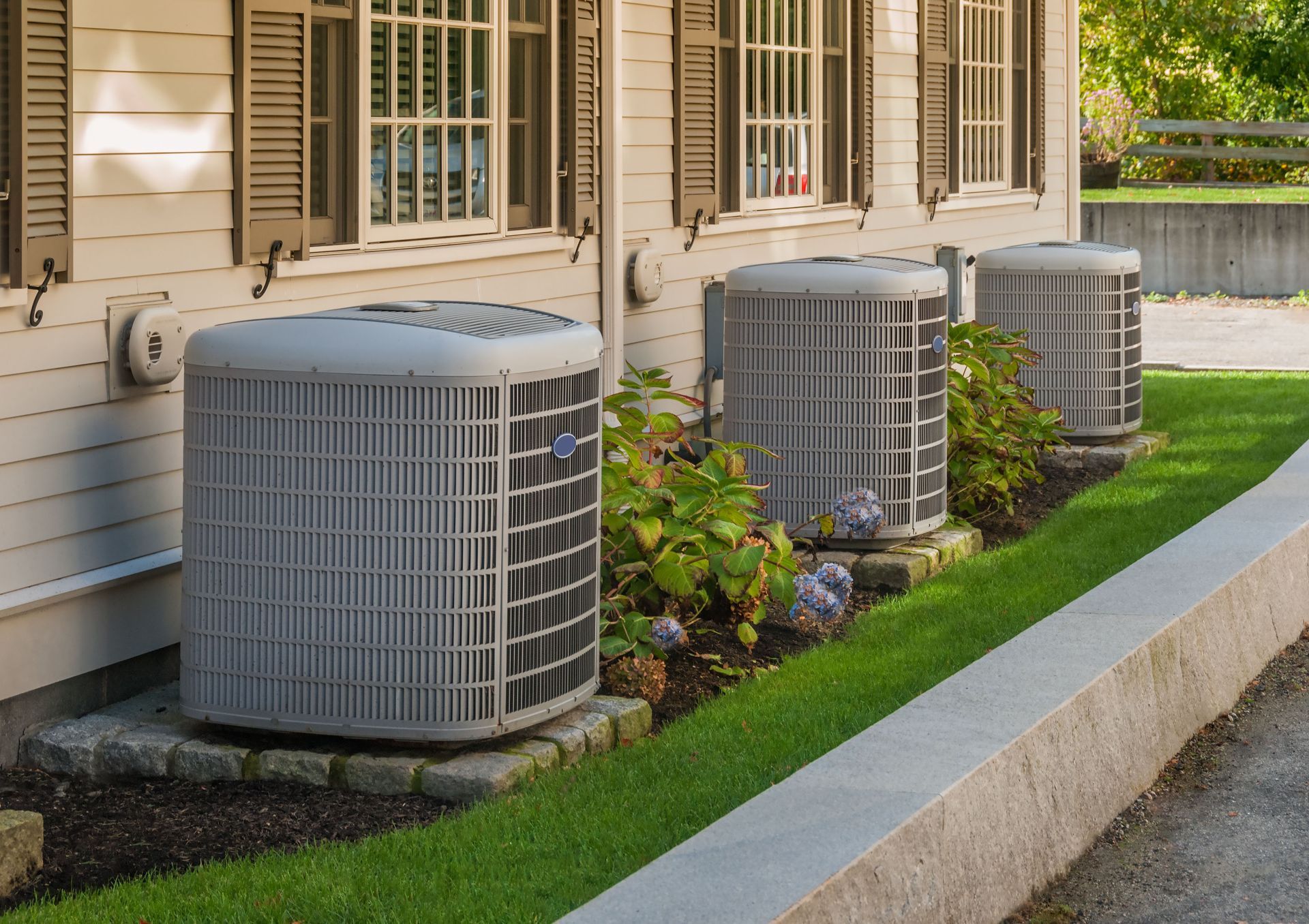
Share On: